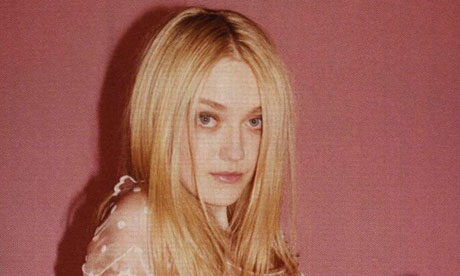Now I know a lot of drama students (and professional actors) hate performing Shakespearean texts because of the flowery, poetic language that is sometimes difficult to understand, but for the few of us that adore Shakespeare (like myself!), the language is just something to get our teeth stuck into.
I have just come back from a mini rehearsal with my duologue partner and I could not rave about the importance of knowing your text more than what I'm about to! We are doing Act 3 Scene 2 of Romeo and Juliet (where the Nurse tells Juliet of Romeo's banishment and Tybalt's death) and we didn't know what the hell Shakespeare was on about when we read through it a couple of times. Then we thought, right, let's go through it, line by line, and try and decode Shakespeare's language.
You would not believe how much you do actually understand of Shakespeare's texts! If you go through each line - make sure you are not reading the lines as they appear, but as sentences (so forget about the line break and just take notice of commas, full stops etc.) - you will actually be able to get a jist of what he's saying. For example, "What devil art thou that dost torment me thus?" simply means, "Why are you tormenting me and not telling me the truth?"
Yes, it takes up a lot of time, but understanding what Shakespeare is saying helps you discover what the characters thoughts and feelings, helping you understand how you should play the scene.
The next thing you should think about is where there are shifts in thought/emotions/goals. Where are the cues that tell you when to change emotions and physical memories? Go through the lines again and mark where these are! All the time you should be reading this over and over, making sure you make sense of what is being said and what your emotive memory should be picking up on so you can successfully portray the emotions needed for the piece!
Even when you've done this for one scene, or only your scenes in the play, you MUST go through the rest of the play and create character profiles. Character profiles are a collaboration of every single detail about your character. Go through the play and write down all the things that have been said about your character, all the things that your character has said about themselves, and all the things that your character says about other people.
Once this is done, collect all the given circumstances. These are all the details that are given to you in the text about the scenes, the places, the staging, the characters etc. Everything that is written is a detail about something. Character profiles help with this, but still, go through the text grabbing every single detail about the play, whether it's in the dialogue or the stage directions (obviously there are limited stage directions in Shakespeare but this works for any play too). Shakespeare gives a lot of information about the play in the dialogue so pick through EVERYTHING.
I know it's a lot of hard work but STOP BEING LAZY! If you want to
successfully play Shakespearean text you have to put the work in! Work
out what is being said, interpret the emotions involved (there may be
several ways of going around this too so try them all!) and produce your
own interpretation of the text.
If you have any more tips and tricks on playing Shakespeare, please share them in the comments section or email me at the information at the top of the page! Also, let me know of your experiences with Shakespeare or anything else you find interesting in the world of theatre, film and TV.
:D
P.S. If you find on YouTube clips of the BBC's version of Romeo and Juliet, don't watch it, it's not as good as you might think! (I thought it was absolute rubbish because Juliet is a wimp!)
